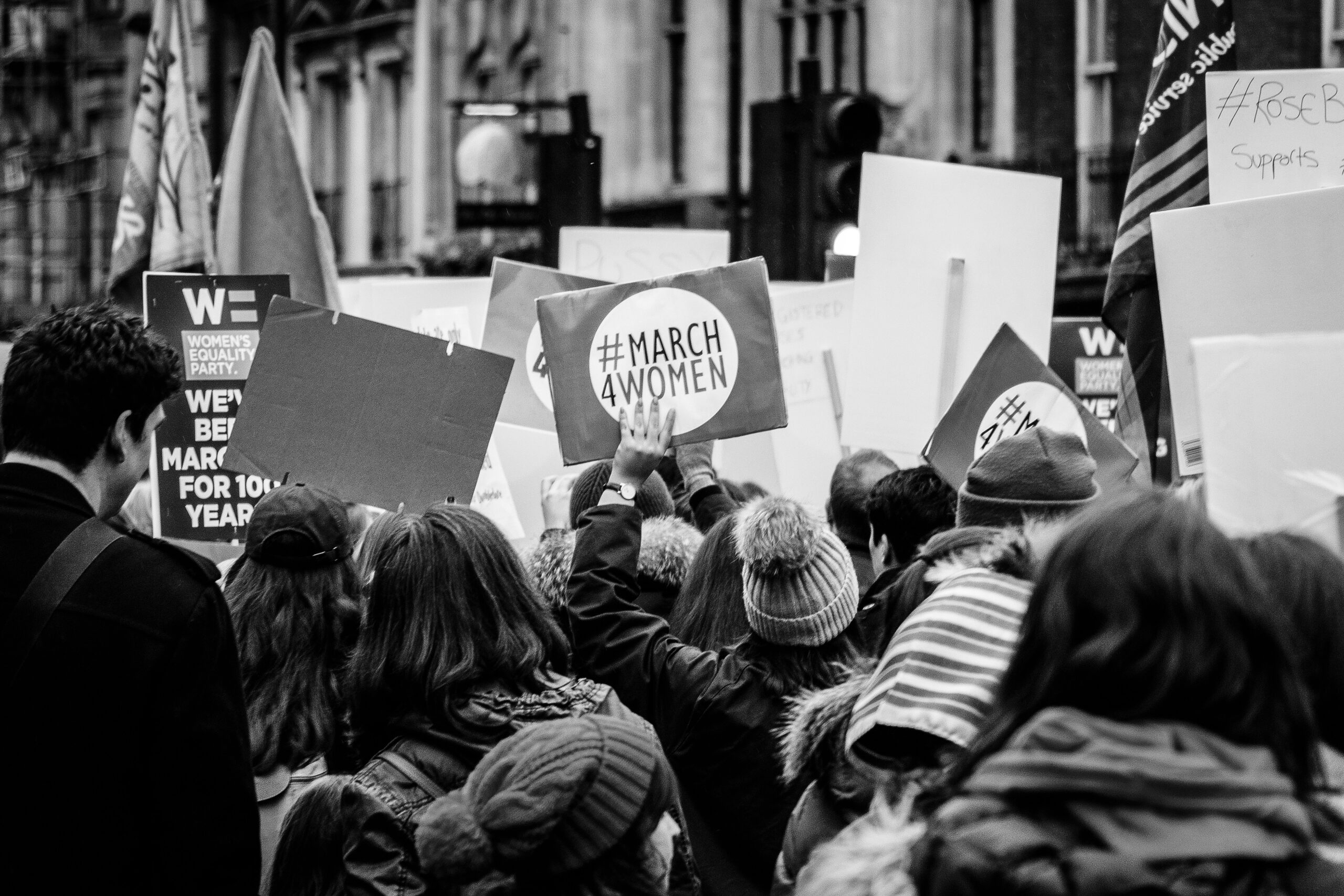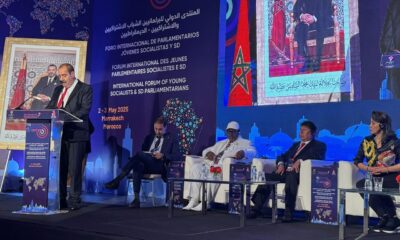International
Beijing+30 & Women’s Rights: Progress, Gaps, Next Steps

In 2025, the global community reflects on three decades since the adoption of the Beijing Declaration and Platform for Action, a landmark agreement aimed at advancing gender equality and empowering women and girls, drawing insights from national reports of 159 countries to assess progress and persistent challenges. Over the past 30 years, 1,531 legal reforms worldwide have advanced gender equality, while women’s political representation in parliaments has more than doubled since 1995, though men still hold nearly 75% of seats, and 162 countries now prohibit gender-based employment discrimination, up from 58 in 1995. Social protection for women has improved, with one-third more women receiving benefits between 2010 and 2023, yet significant gaps remain: only 63% of women aged 25–54 participate in the labor force compared to 92% of men, with women disproportionately burdened by unpaid care work, while 10% of women and girls live in extreme poverty, rising to 24% among those aged 18–34. Maternal mortality rates stalled at 223 deaths per 100,000 live births in 2020 after declining from 2000 to 2015, and 736 million women globally endure physical or sexual violence in their lifetimes. Despite half of countries enhancing social protections for women, coverage remains inadequate, and a digital divide persists, with 65% of women using the Internet compared to 70% of men. Emerging opportunities include vibrant feminist movements, particularly among youth, and 53% of nations adopting gender-responsive climate and disaster policies. To address these challenges, UN-Women’s Beijing+30 Action Agenda outlines six priorities: bridging the digital gender gap, alleviating women’s poverty, ending violence against women, amplifying decision-making power, enhancing peace and security, and achieving climate justice, emphasizing the need for gender-equality financing and data-driven progress. While legal and social advancements since 1995 are notable, deep-rooted discrimination continues to hinder gender equality, underscoring the urgency of coordinated efforts by governments, civil society, and international bodies to realize a just, equitable future for all women and girls, integral to sustainable development and global social justice.
Source: United Nations











